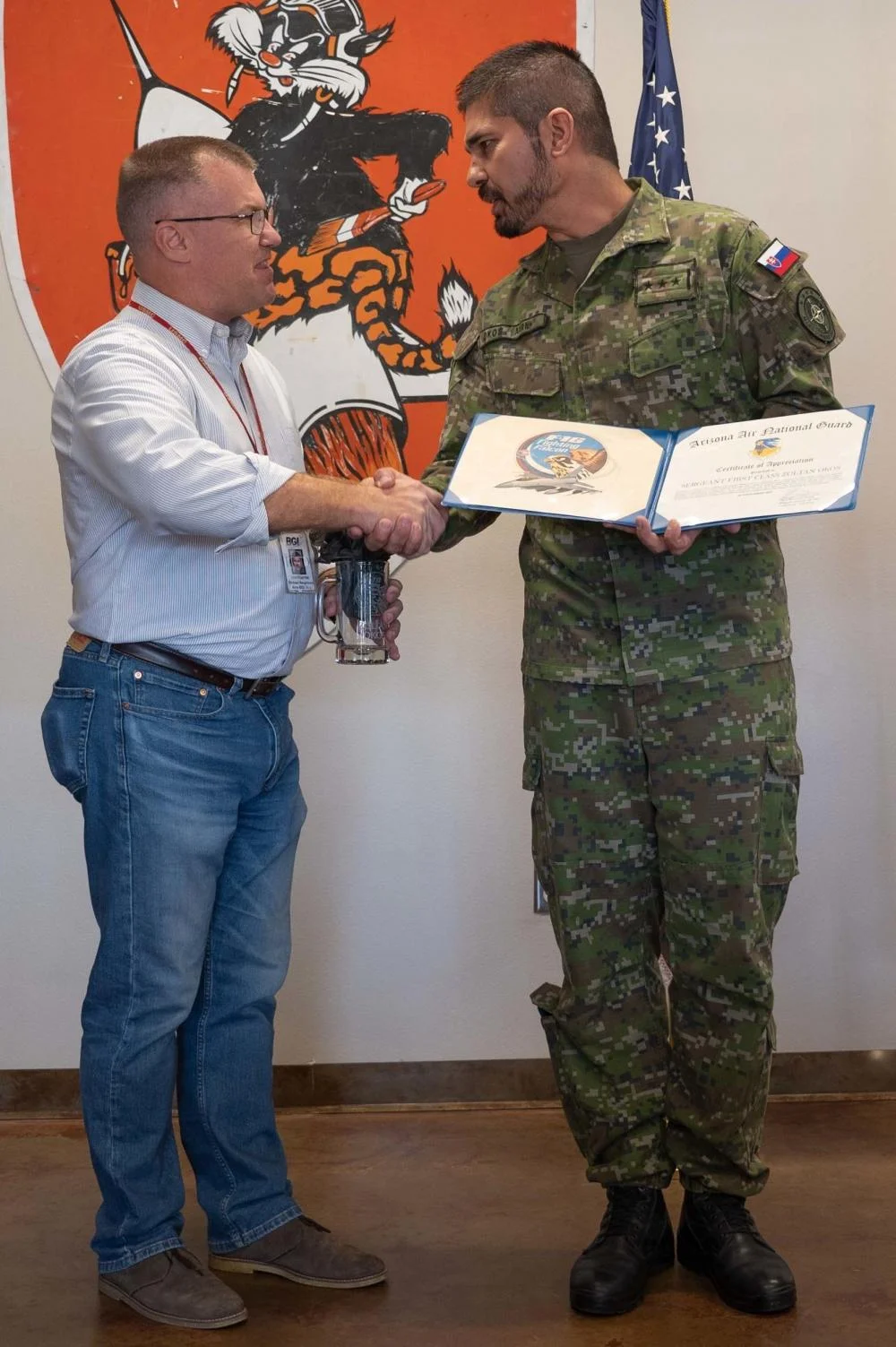WASHINGTON, Nov. 22, 2022 /PRNewswire/ — According to the US Navy Veterans Lung Cancer Advocate, “We are passionate advocates for Veterans of the navy, army, marines, air force, coast guard and or individuals who have recently been diagnosed with lung cancer anywhere in the USA who prior to 1982 had on the job heavy exposure to asbestos. We want people like this to get compensated. If the person, we have just described sounds like your husband or dad please call The Gori Law Firm anytime at 866-532-2106. The $30 billion dollar-asbestos trust funds were set up for people exactly like this.
“This invitation to call The Gori Law Firm includes weekends and holidays. Financial compensation for a person like this might be hundreds of thousands of dollars-depending on the specifics of how they were exposed to asbestos as the lawyers at The Gori Law Firm are always happy to discuss at 866-532-2106. “Every year more families trust The Gori Law Firm when dealing with a loved one’s asbestos cancer diagnosis than any other firm in the nation.” https://GoriLaw.Com
The Gori Law Firm also offers a remarkable service for their Veteran clients who now have mesothelioma or asbestos exposure lung cancer because of their asbestos exposure in the navy, air force, army, marines, or coast guard. This service includes filling out the required VA forms to hopefully qualify their client for VA benefits. This might create additional compensation for The Gori Law Firm’s Veteran clients. For more information a person who now has lung cancer and who had heavy-extreme exposure to asbestos before 1982-please call The Gori Law Firm anytime at 866-532-2106. https://GoriLaw.Com
High-risk workplaces for asbestos exposure include the US Navy, shipyards, power plants, public utilities, manufacturing factories, chemical plants, oil refineries, mines, smelters, pulp and paper mills, aerospace manufacturing facilities, offshore oil rigs, demolition construction work sites, railroads, automotive manufacturing facilities, or auto brake shops. With lung cancer caused by asbestos exposure the lung cancer may not show up until decades after the exposure. https://GoriLaw.Com
States with the highest incidence of lung cancer include Kentucky, West Virginia, Maine, Tennessee, Mississippi, Ohio, Indiana, Louisiana, Arkansas, Missouri, North Carolina, Rhode Island, Alabama, and Delaware.
However, a US Navy Veteran or person with mesothelioma or asbestos exposure lung cancer could live in any state including New York, Florida, California, Massachusetts, Pennsylvania, New Jersey, Maryland, Illinois, Wisconsin, Minnesota, Oklahoma, Texas, Iowa, Georgia, Kansas, Nebraska, North Dakota, Wyoming, Colorado, New Mexico, Utah, Nevada, Arizona, Idaho, Washington, Oregon, or Alaska. https://USNavyLungCancer.Com
For more information about asbestos exposure please visit the NIH’s website on this topic: https://www.cancer.gov/about-cancer/causes-prevention/risk/substances/asbestos/asbestos-fact-sheet.
Contact:
Michael Thomas
202-422-2069
348682@email4pr.com
 View original content to download multimedia:https://www.prnewswire.com/news-releases/if-your-dad-has-just-been-diagnosed-with-lung-cancer-and-he-had-heavy-asbestos-exposure-in-the-armed-forces-or-at-work-before-1982-the-advocate-is-urging-you-call-the-gori-law-firm-about-possible-100-000-compensation-and-va-bene-301683999.html
View original content to download multimedia:https://www.prnewswire.com/news-releases/if-your-dad-has-just-been-diagnosed-with-lung-cancer-and-he-had-heavy-asbestos-exposure-in-the-armed-forces-or-at-work-before-1982-the-advocate-is-urging-you-call-the-gori-law-firm-about-possible-100-000-compensation-and-va-bene-301683999.html
SOURCE US Navy Veterans Lung Cancer Advocate

Source link
 Private Internet Access gives you unparalleled access to thousands
of next-gen servers in over 83 countries and each US state. Your
VPN experience will always be fast, smooth, and reliable.
Private Internet Access gives you unparalleled access to thousands
of next-gen servers in over 83 countries and each US state. Your
VPN experience will always be fast, smooth, and reliable.


![DVIDS – Images – US Ambassador to Japan, Air Force leaders celebrate Thanksgiving Day with Yokota members [Image 1 of 17] DVIDS – Images – US Ambassador to Japan, Air Force leaders celebrate Thanksgiving Day with Yokota members [Image 1 of 17]](https://101veterans.com/wp-content/uploads/2022/11/1669280151_1000w_q75.jpg.webp)

 Private Internet Access gives you unparalleled access to thousands
of next-gen servers in over 83 countries and each US state. Your
VPN experience will always be fast, smooth, and reliable.
Private Internet Access gives you unparalleled access to thousands
of next-gen servers in over 83 countries and each US state. Your
VPN experience will always be fast, smooth, and reliable.
![DVIDS – Images – Vehicle maintenance: Unsung heroes [Image 1 of 6] DVIDS – Images – Vehicle maintenance: Unsung heroes [Image 1 of 6]](https://101veterans.com/wp-content/uploads/2022/11/1669193662_1000w_q75.jpg.webp)


![DVIDS – Images – Pentagon Press Briefing [Image 12 of 12] DVIDS – Images – Pentagon Press Briefing [Image 12 of 12]](https://101veterans.com/wp-content/uploads/2022/11/1669150348_1000w_q75.jpg.webp)
![DVIDS – Images – JB Charleston hosts largest DFC ceremony in decades, recognizes 51 mobility Airmen for heroic efforts during Operation Allies Refuge [Image 122 of 150] DVIDS – Images – JB Charleston hosts largest DFC ceremony in decades, recognizes 51 mobility Airmen for heroic efforts during Operation Allies Refuge [Image 122 of 150]](https://101veterans.com/wp-content/uploads/2022/11/1669107098_1000w_q75.jpg.webp)

![DVIDS – Images – Combined Joint Task Force Operation Inherent Resolve Task Force Centaur Patrols the Amber Zone [Image 1 of 10] DVIDS – Images – Combined Joint Task Force Operation Inherent Resolve Task Force Centaur Patrols the Amber Zone [Image 1 of 10]](https://101veterans.com/wp-content/uploads/2022/11/1668977303_1000w_q95.jpg.webp)
![DVIDS – Images – 101st Air Assault Course 2022 (Romania) [Image 1 of 3] DVIDS – Images – 101st Air Assault Course 2022 (Romania) [Image 1 of 3]](https://101veterans.com/wp-content/uploads/2022/11/1668933970_1000w_q75.jpg.webp)